It’s been nearly 50 years since one of the biggest advancements in sports medicine: Tommy John surgery.
On Sept. 25, 1974, Dr. Frank Jobe first performed the operation on Tommy John, a professional baseball pitcher who played on Major League Baseball (MLB) teams between 1963 and 1989.
During the surgery, Jobe reconstructed a torn ulnar collateral ligament (UCL) in John’s left arm.
ON THIS DAY IN HISTORY, MARCH 7, 1857, BASEBALL ADOPTS NINE PLAYERS, NINE INNINGS AS STANDARD OF COMPETITION
It was a pioneering achievement for Jobe and a lifeline for John, who went from a career-ending injury to 14 more years in the majors — and an eponymous connection to sports medicine that would live on long past his playing days.
Since then, Tommy John surgery — more formally known as ulnar collateral ligament (UCL) reconstruction, according to Johns Hopkins Medicine — has been performed on many other baseball players.
Those players include David Wells (1985), John Smoltz (2000), Stephen Strasburg (2010), Rich Hill (2011), Shohei Ohtani (2018), Justin Verlander (2020) and Bryce Harper (2022), to name a few, according to MLB.
“I wouldn’t still be standing here if it weren’t for a surgery like this,” Chicago White Sox pitcher Michael Kopech said, according to the Associated Press. “It’s doubled the length of my career.”
ON THIS DAY IN HISTORY, JANUARY 31, 1919, JACKIE ROBINSON IS BORN IN GEORGIA — BASEBALL PIONEER, WWII VETERAN
John Gallucci, a New Jersey-based physical therapist specializing in sports injuries, noted that Tommy John surgery has prolonged and saved many careers.
“Before this surgery, a torn UCL was considered a career-ending injury,” he told Fox News Digital.
“This surgery was a major advancement in treatment and was revolutionary for athletes and those who suffer from elbow injuries.”
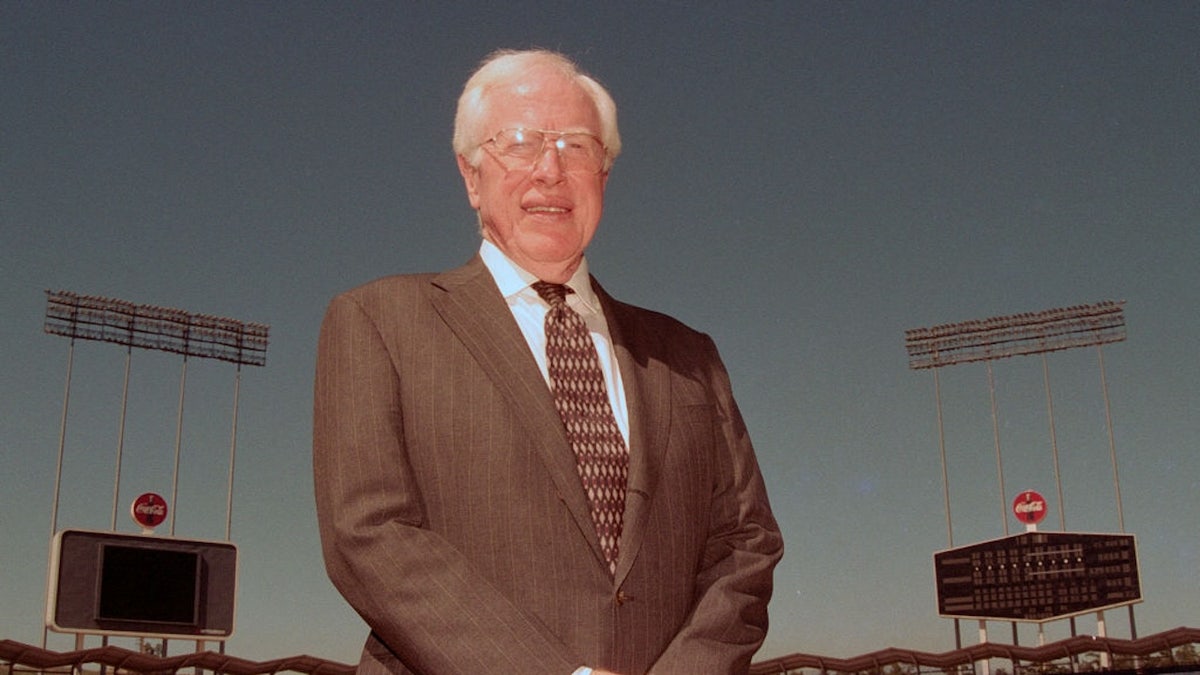
Alongside arthroscopic surgery and ACL reconstruction, Tommy John surgery is one of the biggest advancements in sports medicine in the last 50 years, according to Dr. Tim Kremchek, a longtime physician for the Cincinnati Reds.
“It [has] just prolonged and saved so many careers,” he said to the AP.
“Not just in baseball, but now for some other sports that we’re doing it for — so many other athletes, especially overhead athletes. But in terms of baseball, I think it’s allowed us to see some of the greatest players in the world continue to play for a long period of time.”
“It’s allowed us to see some of the greatest players in the world continue to play for a long period of time.”
In the debut operation at Rancho Los Amigos, a Southern California hospital, Jobe removed the palmaris longus tendon from John’s right arm, drilled four holes in his left elbow — and then used the tendon to replace the torn ligament.
“It wasn’t a new idea,” Jobe said in July 2013, about seven months before he died.
“It was just new for the elbow.”
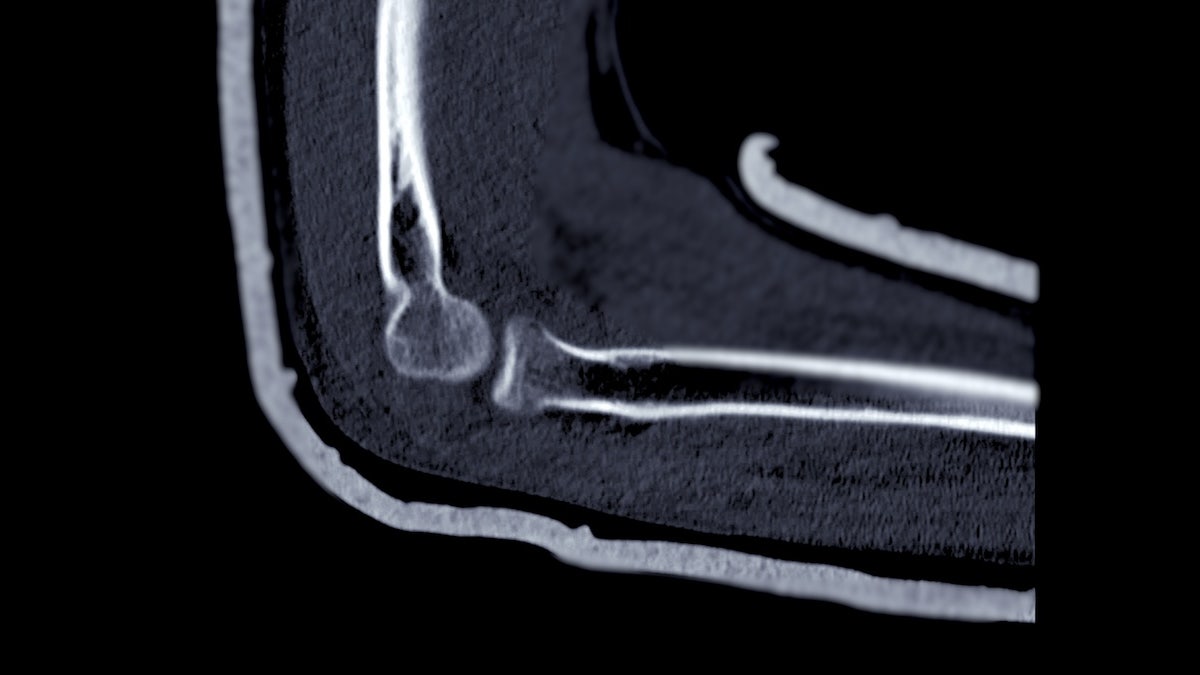
The procedure itself hasn’t changed much since Jobe pioneered it, though doctors have made a few improvements.
“It has remained primarily the same, but advancements have been made,” said Gallucci.
“These advancements have made the surgery even more effective in tandem with work from physical therapists and certified athletic trainers during the recovery process.”
BASEBALL QUIZ! HOW WELL DO YOU KNOW THE POPULAR AMERICAN SPORT?
“Due to the advancements made and the rehabilitation process improvements, the standard recovery period has been cut nearly in half from what it was 50 years ago,” he added.
The effects of Tommy John surgery have been seen in players’ performance on the field.
Verlander won the AL Cy Young Award in 2022, two years after he had Tommy John surgery.
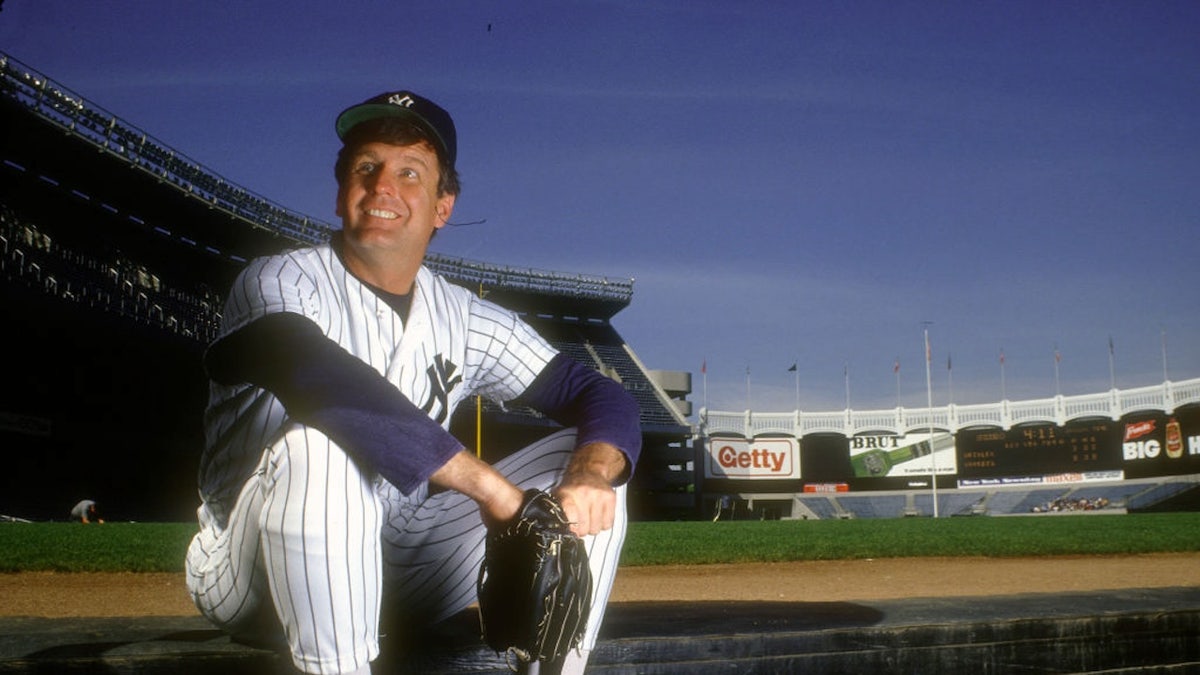
Harper, who had the procedure in Nov. 2022, returned to Philadelphia’s lineup in May.
Dodgers pitcher Tyler Glasnow, who had Tommy John in 2021, struck out 162 batters in a career-high 120 innings last year.
Within months of receiving his second major elbow operation, Ohtani landed a record-breaking $700 million contract from the Los Angeles Dodgers.
“There’s no question that Tommy John is the most valuable reconstructive procedure there is.”
“If you put it in dollars and cents, I think there’s no question that Tommy John is the most valuable reconstructive procedure there is,” Dr. Neal ElAttrache, the head team physician for the Dodgers and the NFL’s Los Angeles Rams, told the AP.
Despite its high success rate, the main challenge associated with the surgery has been the extended recovery and rehabilitation process.
For about 10 days after the surgery, the patient must wear a cast at a 90-degree angle.
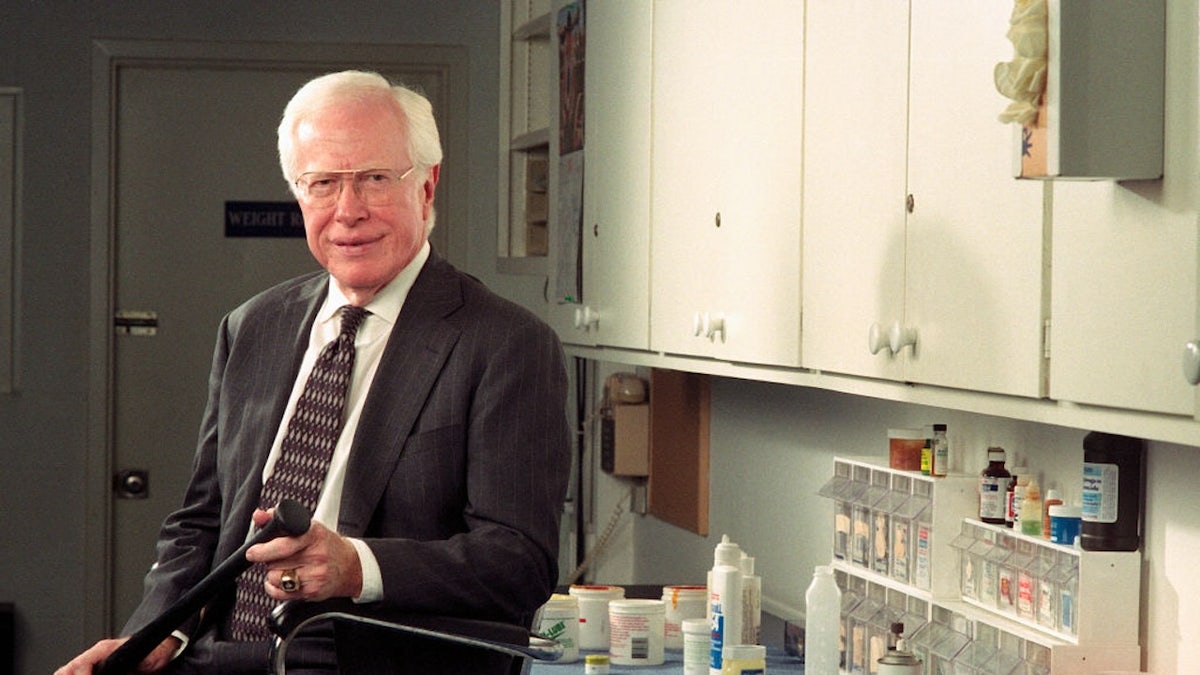
It then takes months for the player to regain a full range of motion, and usually at least a year before returning to the field.
“Although this surgery was revolutionary, the road to recovery is no easy process — and that is where physical therapy comes into play,” said Gallucci, who has seen patients throughout the years in rehab from Tommy John surgery.
CLICK HERE TO SIGN UP FOR OUR HEALTH NEWSLETTER
“It requires commitment from the patient, as it is no easy feat,” he said.
“Although it takes a few months of rehab and slowly increasing strengthening exercises, I have seen patients make a full recovery and be able to play again.”
Dodgers pitcher Tony Gonsolin, who had surgery on Sept. 1, recalled his first day of throwing after the operation.
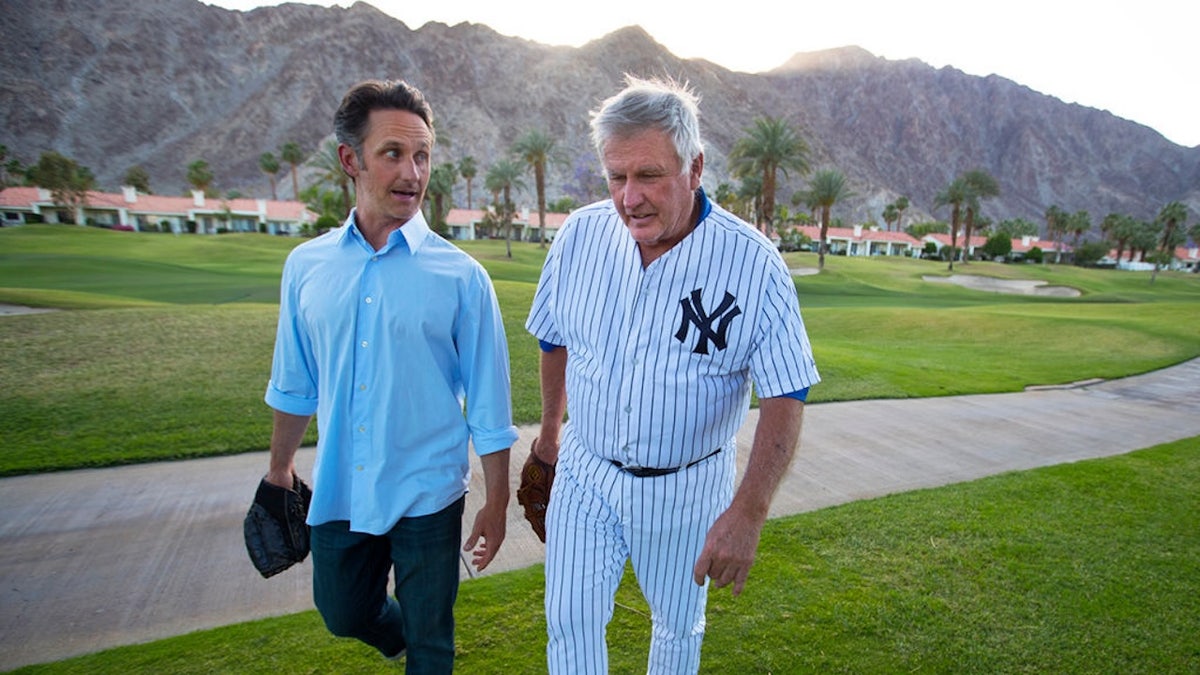
“It was like 30 throws, nice and easy, and just felt super foreign, like I’d never thrown before,” he said, as the AP reported. “Took some video on it, and they did not look pretty at all. Then I threw a couple [of] days later and it felt much better.”
Approaching the 50th anniversary of the surgery, Gonsolin said he is grateful for the medical advancement that started with Tommy John in 1974.
“I think the evolution of the surgery and just the sheer medical breakthrough from it allows [it] to extend people’s careers,” he said.
“It gives everybody a second opportunity.”
The Associated Press contributed to this report.
For more Health articles, visit www.foxnews.com/health.
Read the full article here